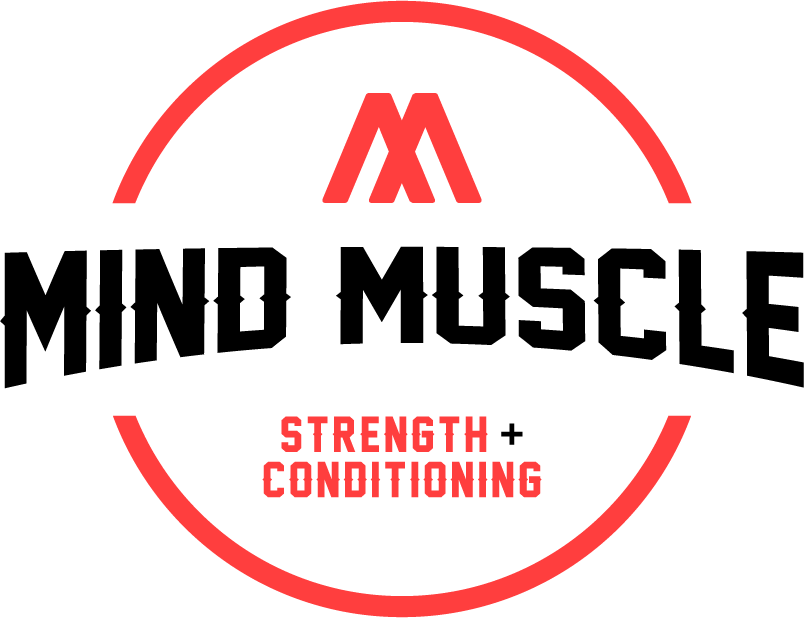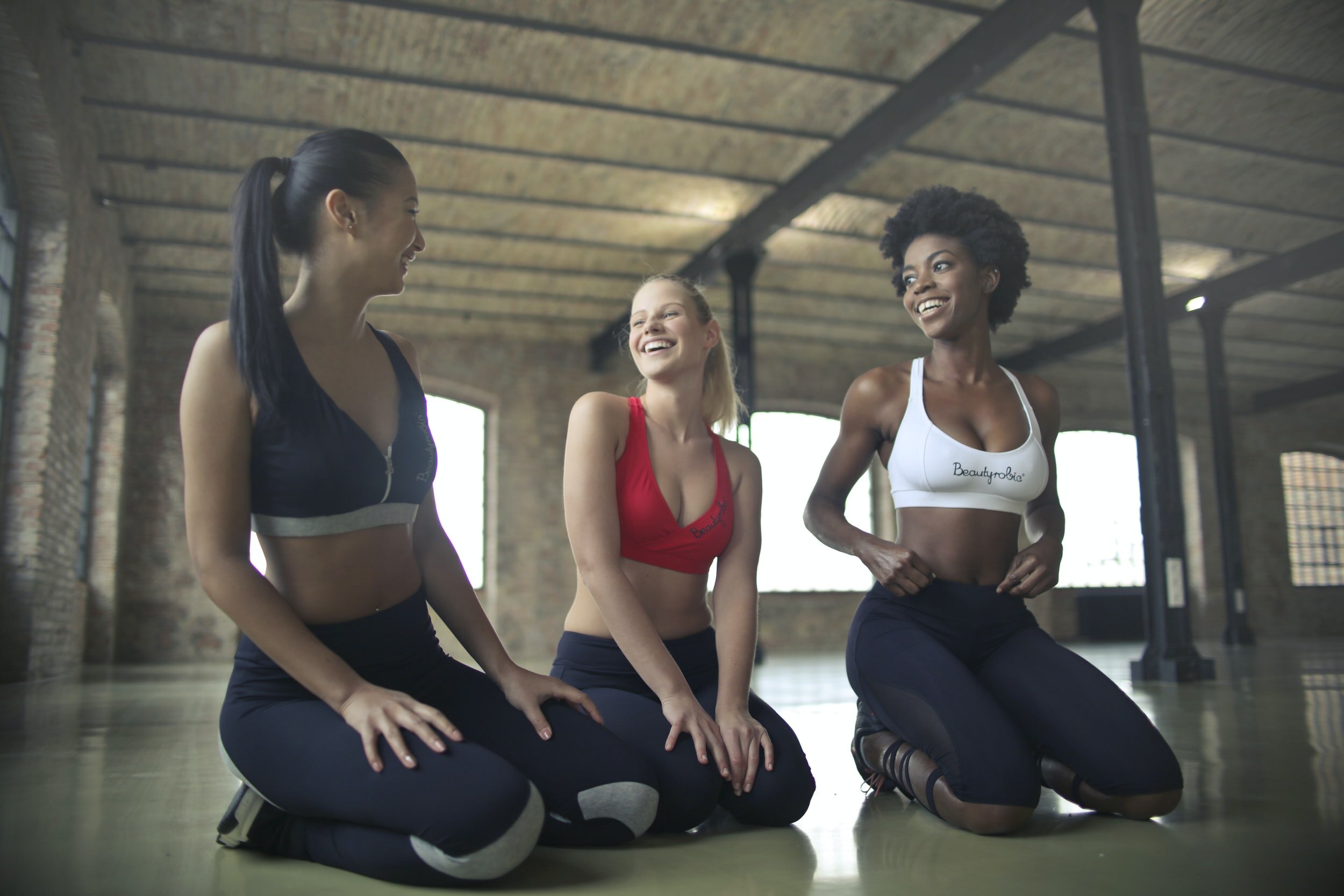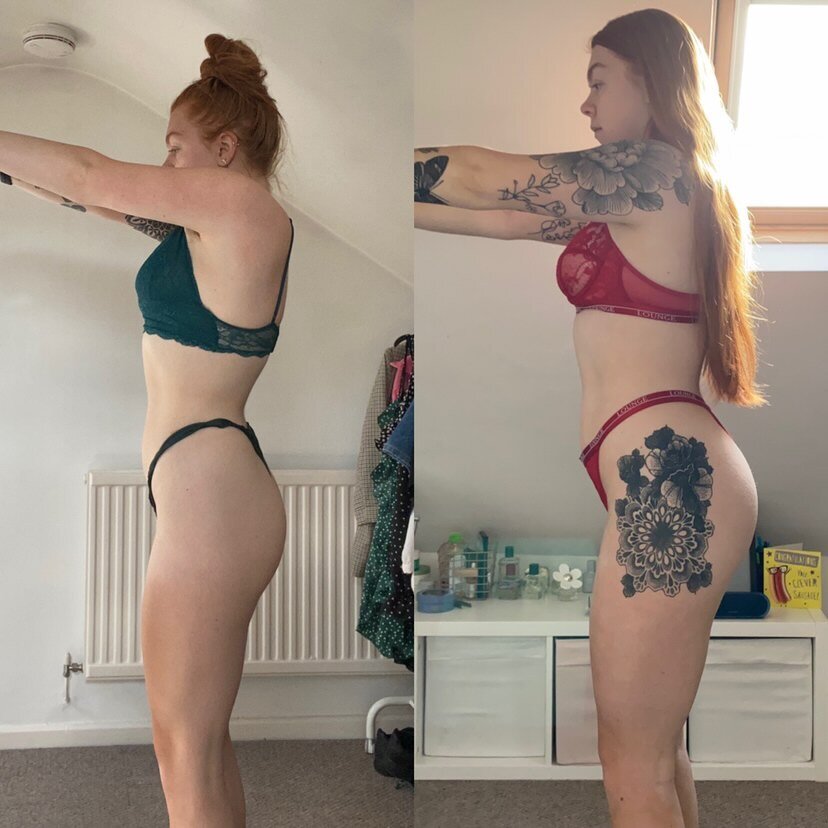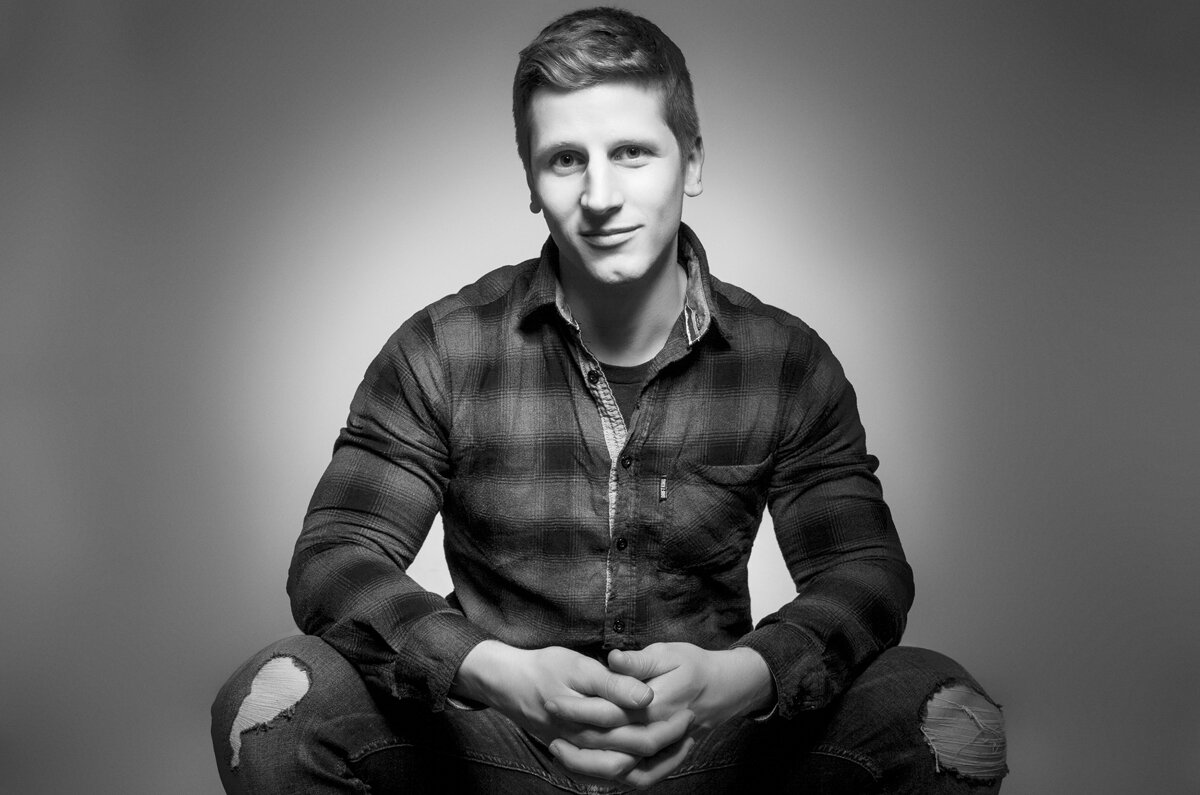How Periods Effect Your Workouts, Mood and Diet.
Periods.
Menstruation.
The Crimson Tide.
The visit from Aunty Flo.
What ever you chose to call it, it’s something the majority of women experience on a semi regular basis but that many women surprisingly don’t fully understand.
So strap into the roller coaster called “Shark Week” as we explore the ups and downs of how and why the menstrual cycle can affect your Training, Nutrition and Mood
But before the train leaves the station let me be clear: Everything you do and feel throughout your cycle is 100% natural and normal and is never down to a lack of discipline or weakness.
The Phases of the Menstrual Cycle
There are four phases of the menstrual cycle:
Follicular phase
Ovulation
Luteal phase
Menstruation
The Menstruation Phase
This is the part where you are bleeding and marks the start of the cycle and usually last between 3 and 7 days.
No need to dwell, I’m sure you know this part very well.
The Follicular Phase
This is the part between the end of the bleeding up to ovulation where the body begins to develop the next round of eggs with the release of follicle-stimulating hormones.
It’s also when (in the early stage) your estrogen and progesterone are lowest and closest to normal male levels. You’re going to feel at your best, strongest and most symptom free here.
Over time your estrogen levels rise considerable along with the luteinising hormone ready for ovulation to begin.
Ovulation
Around days 12-15 a large rise in the luteinising hormone causes the release of the egg into the uterus ready to make a tiny little human or not. It’s also marked by a large decrease in estrogen levels (here come the cravings).
The Luteal Phase
The luteal phase begins at ovulation and ends on the first day of menstruation. It is marked by a large release of the hormone progesterone and some estrogen.
Like I said…… a roller coaster!
So how does your period effect your training?
At the beginning of the follicular phase (menstrual/bleeding phase) both progesterone and oestrogen are at their lowest so you may feel a little low on energy and frankly in a shitty mood especially if you experience painful periods (dysmenorrhoea).
The good news is that light exercises may help decrease these symptoms, so instead of avoiding exercise you may wish to cut your training intensity back to a level that suits and use the time to focus on developing good form, mobility and flexibility rather than pushing it too hard in the gym.
Basically we can think of it as a training de-load week (a de-load is a planned and structured decrease in training intensity and volume to allow recovery and reduce fatigue accumulated through a period of training).
However once menstruation stops this is a good time to do some strength training all the way through until ovulation starts.
Some research has found that strength training during the follicular phase (days 1-14 of the cycle) resulted in higher increases in muscle strength compared to training in the luteal phase (days 15-28 of the cycle) so you may find your strength training pays off the most in your follicular phase.
Now would be a great time to work on those glute gains! - Check out this article on why your glutes aren’t growing
There is also some evidence to support a decrease in high impact activity in the days leading up to menstruation as the recovery of ligaments and tendons may be impaired by elevated estrogen levels.
So do you need to change your training during your period?
Truth is, it depends.
There is no real need to change your training but you may benefit from pulling back for a week and using as a chance to deload before moving into a new strength training phase.
So how does your period effect how you eat?
Many women know that their cycle effects how they eat but again not many women know WHY, and unfortunately this leads many of you to feel guilty for wanting to eat more and to feeling like you “lack discipline”.
Research shows us that estrogen levels have a direct impact on hunger and thus the amount of calories you eat by interfering with your hunger hormone Ghrelin and fullness hormone Cholecystokinin (CCK).
Why you get cravings…..
During the luteal stage (after ovulation) estrogen begins to drop and the average woman may consume an extra 100-600 calories per day.
The hormonal roller coaster goes something like this:
During ovulation, the late luteal and menses phases Ghrelin tends to be HIGHER (aka where’s my motherfucking chocolate Brian!)
So you’re hungrier,
Also your taste for sweet and savoury foods INCREASES (again where’s my chocolate Brian!)
Cholecystokinin (CCK) has become LESS potent so not only are you hungrier you now struggle to feel full too,
Low estrogen levels also make it HARDER to feel satisfied when eating…..
The result: It’s very easy to overeat.
So if you are having cravings, eating more and struggling to control your food - this is why, and like I wrote at the beginning its 100% normal.
Now the flip side of the rollercoaster is a better story.
During the follicular phase estrogen is on the rise and increased estrogen leads to a decrease in Ghrelins “I’m Hungry!” message and thus you don’t eat as much.
So Ghrelin is lower,
You aren’t as hungry,
Estrogen increase the potency of Cholecystokinin (CCK) so it takes less time to feel full and satisfied.
Why does your period effect your mood?
Gimme a P, Gimme an M, Gimme an S…..What does that spell?
We don’t know the exact cause of PMS, but it’s likely linked to hormonal fluctuations that happen during the luteal phase of your cycle.
During ovulation your body releases an egg, which causing estrogen and progesterone levels to drop.
A shift in these hormones can lead to both physical and emotional symptoms as they also influence serotonin levels.
Serotonin is a neurotransmitter that regulate your sleep cycle, mood and appetite.
Low levels of serotonin are linked to feelings of sadness, irritability, trouble sleeping and cravings.
Put the ghrelin and CCK effects we just discussed on top of low serotonin and we have what can only be described as a “hormonal cluster fuck”.
So PMS is normal, it might not be fun, but there is nothing wrong with you.
So now what do you need to do to make your period an easier experience and interfere as little as possible with your health and fitness journey?
Coping With Your Period
Don’t panic! It’s normal biology and every womans is different. You are not lazy or lacking discipline.
Be aware so you can prepare: Keep healthier foods around so you can minimise your sweet and salty food intake or if you always crave chocolate get the good stuff and enjoy it!
Eat slowly…..Very slowly: Take 20 minutes or so to eat a meal as it will help to manage how much you eat per meal and allow your CCK hormone time to work.
Get 7-9 hours sleep: Sleep deprivation is proven to increase appetite and make us eat more so get as much sleep as you can.
Track your morning body temperature or use a period tracking app: An increase in morning body temperature means your estrogen is decreasing and the shit’s about to hit the fan so to speak.
Modify your training: track your specific symptoms, observe how you feel and modify your training if you feel you need to, but there is no universally prescribed changes for all women.
Thanks for reading, now go and smash it!
Aaron
If you are looking to make that change, work with a strength and conditioning coach who understands and respects the shit women go through then you should
apply for M3 - Mind Muscle Method - Coaching Program
A few of my clients who joined my M3 - Mind Muscle Method - Coaching Program
Hi, I’m Aaron Schiavone, owner of Mind Muscle Personal Training. Over the past 5+ years I have helped women increase their self confidence, improve their relationship with food, improve their health, become stronger, fitter and happier.










